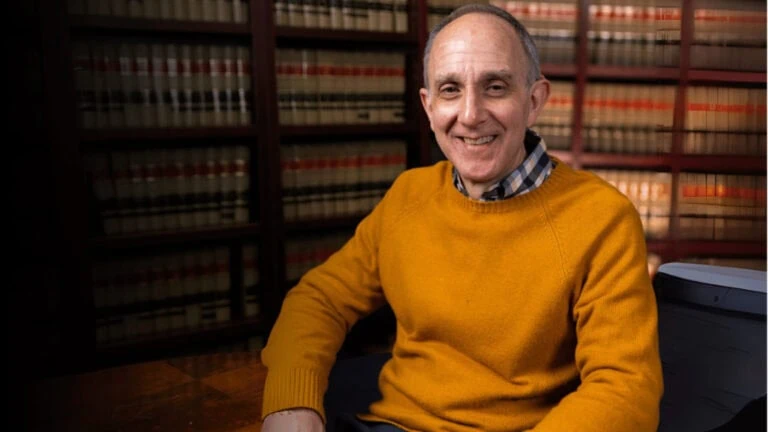Defective Generic vs. Brand name Drugs: What Your Pharmacists Don’t Tell you.
“What’s in a name? that which we call a rose by any other name would smell as sweet.” When Shakespeare penned that line for Juliet about Romeo, he had no idea how wrong he was when it comes to dangerous drugs that slip by the FDA.
Last summer in Pliva v. Mensing, the United States Supreme Court issued a landmark ruling attempting to bar patients injured or killed by generic drugs from holding manufacturers accountable for failing to warn about dangerous side effects. In a 5-4 split decision, the majority effectively terminated the rights of patients seeking compensation for harms caused by generic drugs. Yet, only two years earlier in Wyeth v. Levine, the court issued an exactly opposite ruling in a case involving name brand drugs. So, when a person is injured or killed by a drug, the ability to seek compensation depends on whether the drug involved was a name brand or generic. Given that more than 75% of all prescriptions are filled with generic drugs, the high court’s ruling in Pliva v. Mensing will literally affect all but those with “Cadillac insurance plans.”
Recently, the New York Times published a front-page story highlighting the inconsistencies created by the Supreme Court’s two decisions. The article describes two cases, the first one involving Diana Levine, a professional musician from Vermont who had her hand amputated after the anti-nausea drug, Phenergan, caused her to develop gangrene. Ms. Levine sued the manufacturer and won $6.8 million. In contrast, the story describes the case of Debbie Schork, a deli worker from Indiana who had her hand amputated for the same reasons as Ms. Levine. Ms. Schork’s case was dismissed because she took the generic version of Phenergan.
Quoting Michael Johnson, one of the attorneys who represented the plaintiff in Pliva v. Mensing, the article states, “Your pharmacists aren’t telling you, hey, when we fill this with your generic, you are giving up your legal remedies.” Mr. Johnson and Terrell Hogan attorney, Chris Shakib, have worked together to coordinate strategy on current and past lawsuits against healthcare product manufacturers.
The unfair outcome created by the Supreme Court’s ruling in Pliva v. Mensing was singled out again by the New York Times in an editorial that appeared several days after its original story about the case. The editorial calls on Congress and the FDA to correct the problem immediately.
Presently, the consumer advocacy group, Public Justice, the American Association for Justice (the national association of civil justice attorneys) and personal injury and wrongful death attorneys nationwide are working in the courts and in Congress to correct the unfairness and unequal treatment created by Pliva v. Mensing. Terrell Hogan attorney, Wayne Hogan, supports Public Justice and its anti-preemption efforts; visit publicjustice.net to learn about its Federal Preemption Project. Hogan and Shakib are both active members of the American Association for Justice, where Hogan serves on the executive committee and Shakib is a member of the Toxic, Environmental and Pharmaceutical section. Both attorneys’ practices focus on defective drugs and products.


